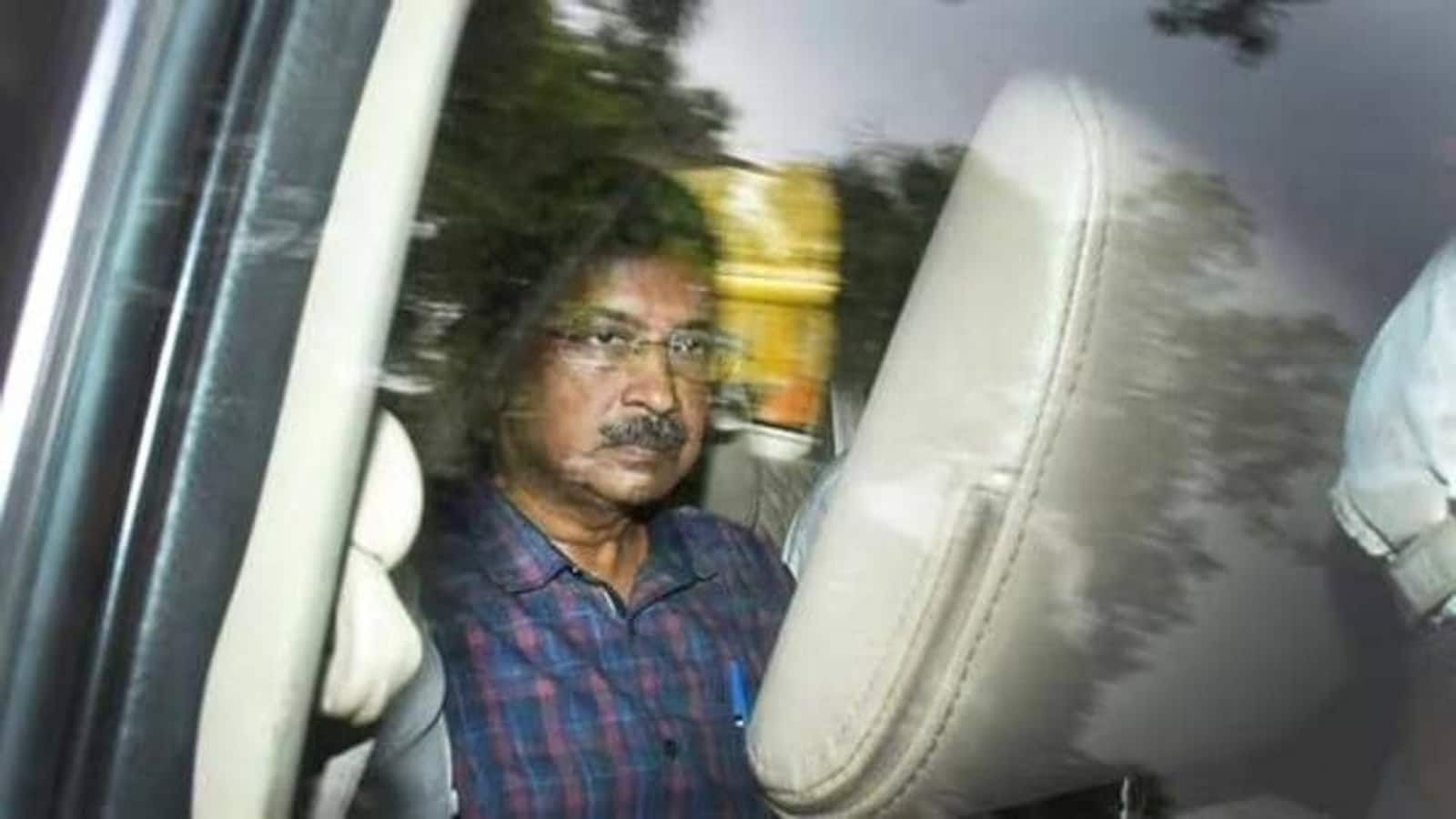Kejriwal sent to 3-day CBI custody in excise policy case
What's the story
A Delhi Court on Wednesday sent Chief Minister Arvind Kejriwal to three days of Central Bureau of Investigation (CBI) custody, shortly after his arrest in relation to a corruption case linked to the alleged liquor policy scam.
Vacation Judge Amitabh Rawat of Rouse Avenue Courts issued the order after the CBI requested a five-day remand for Kejriwal.
Kejriwal will next be produced before the court on June 29 before 7:00pm.
Court proceedings
Kejriwal denies shifting responsibility onto Sisodia
During the court proceedings, CBI's counsel DP Singh argued that custodial interrogation of Kejriwal was essential as "he is failing to even recognise that Vijay Nair was working under him."
Singh also claimed that Kejriwal had shifted responsibility onto Manish Sisodia, stating he had no knowledge about the excise policy.
"He (Kejriwal) pushed the entire onus on Sisodia and said he has no idea about the excise policy. We need to confront him with documents that we have," Singh added.
Investigation details
CBI seeks Kejriwal's questioning for 'larger conspiracy'
Kejriwal, who addressed the court in person refutted these allegations, saying, "I have given statement that Aam Aadmi Party, Manish Sisodia and me are not guilty."
Senior counsel Vikram Chaudhari, representing Kejriwal, also questioned whether the arrest was necessary.
"There are 4 chargesheets till now. In none of them there is even a reference to me (Kejriwal)...My essential arguments are necessity to arrest coupled with the timing of arrest. This is a classic case of abuse of power," Chaudhari argued.
Arrest
ED arrested Kejriwal in May
The Enforcement Directorate (ED) first arrested Kejriwal on March 21.
The ED's case stemmed from a case registered by the CBI on the recommendation of Lieutenant Governor VK Saxena in July 2022.
Kejriwal is accused of being a main conspirator in a scheme to deliberately leave loopholes in the liquor policy to benefit certain liquor sellers.
The agency claimed that AAP received kickbacks amounting to ₹100 crore for these favors, which were used to fund Goa and Punjab's election campaigns.
